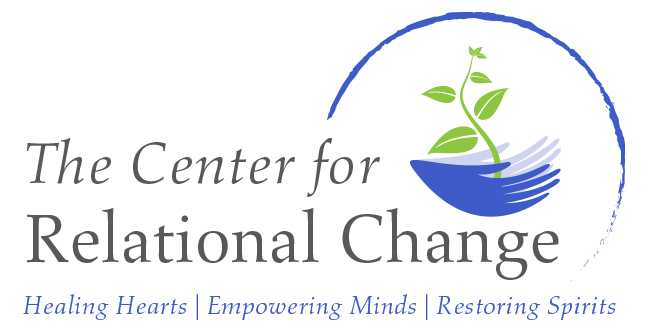EMPLOYMENT OPPORTUNITIES
To apply, submit a resume and cover letter highlighting your experience, expertise and areas of specialty, as well as your understanding and application of systemic and holistic treatment. Please email cover letters and resumes to DeMarquis Clarke at d.clarke [at] centerforrelationalchange.com.
Internships Available
The goal of our internship program is to assist interns to achieve the competency level expected at their current level of training and to prepare them for more advanced training. At the Center for Relational Change, we believe the achievement of competently trained therapists means more than theoretical or interventional knowledge. It means that the individuals have acquired an appreciation and respect for diversity in our society, an understanding of how stigmatization and prejudice manifest and affect the individual and society, an understanding of who they are as people and therapists, a value on the centrality of relationships, and how all of this impacts treatment.
For more specific information regarding our internship program, please contact us at 412-301-5221 or info@centerforrelationalchange.com
Our Programs
Undergraduate Internship Program
The Undergraduate internship program at the Center for Relational Change offers a Bachelor level students an opportunity to gain experience within a private-practice environment. Bachelor level interns contribute by returning intake and referral calls, aid in community outreach, perform clerical duties such as checking office supplies, organizing photocopies and faxes, and assisting in special projects as needed. The goal of the internship is to foster Bachelor level student’s interest in therapy within their training level. Interns will receive supervision and mentorship from a licensed clinician to increase knowledge and confidence while continuing in the field.
Graduate Internship Program
The Graduate internship program at the Center for Relational Change offers Master level students an opportunity to gain experience providing individual, group, family, and couple/marriage therapy. Master level interns work to create their own caseload by offering therapy at a reduced fee to potential clients, sit in on cases with experienced therapists, participate as a co-therapist, work with their own client(s), as well as create and facilitate their own group(s). Interns obtain experience working within a group practice while also gaining necessary clinical hours, supervision, and mentorship.
Resident Program
The Center for Relational Change offers entry-level professional clinical experience, trainings and supervision through the residency program. Through this program, residents provide therapy services to uninsured and under insured individuals, couples, and families in the Pittsburgh area. In addition, they are given the opportunity to continue practicing clinical skills while earning hours toward licensure under the license of a licensed mental health care provider. Residents are provided with individual and group supervision, as well as participate in monthly staff meetings. Also, they are able to learn about starting their own practice by being a contractor to the Center. While at the Center, residents build their own caseload and manage their own schedule to meet their needs. During their supervision, residents unpack and process clinical cases, participate in self-exploration, conceptualize cases, etc. with their supervisor.
The goal of all three programs are to assist interns and residents to achieve the competency level expected at their current level of training and to prepare them for more advanced training. At the Center for Relational Change, we believe the achievement of competently trained therapists means more than theoretical or interventional knowledge. It means that the individuals have acquired an appreciation and respect for diversity in our society, an understanding of how stigmatization and prejudice manifest and affect the individual and society, an understanding of who they are as people and therapists, a value on the centrality of relationships, and how all of this impacts treatment.
